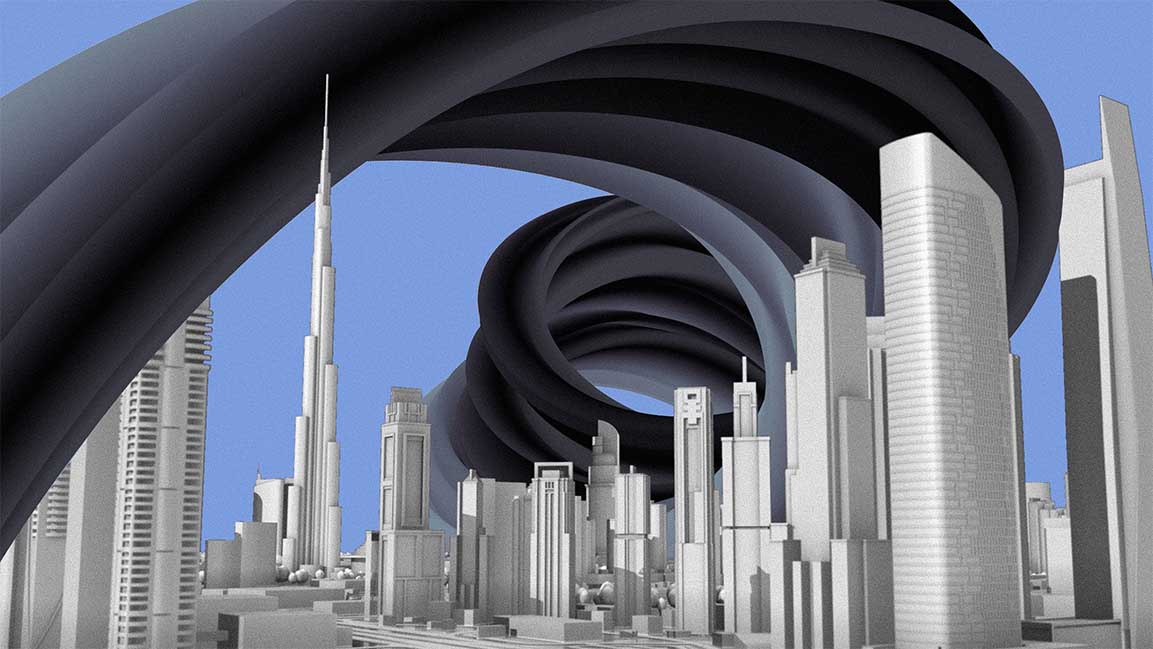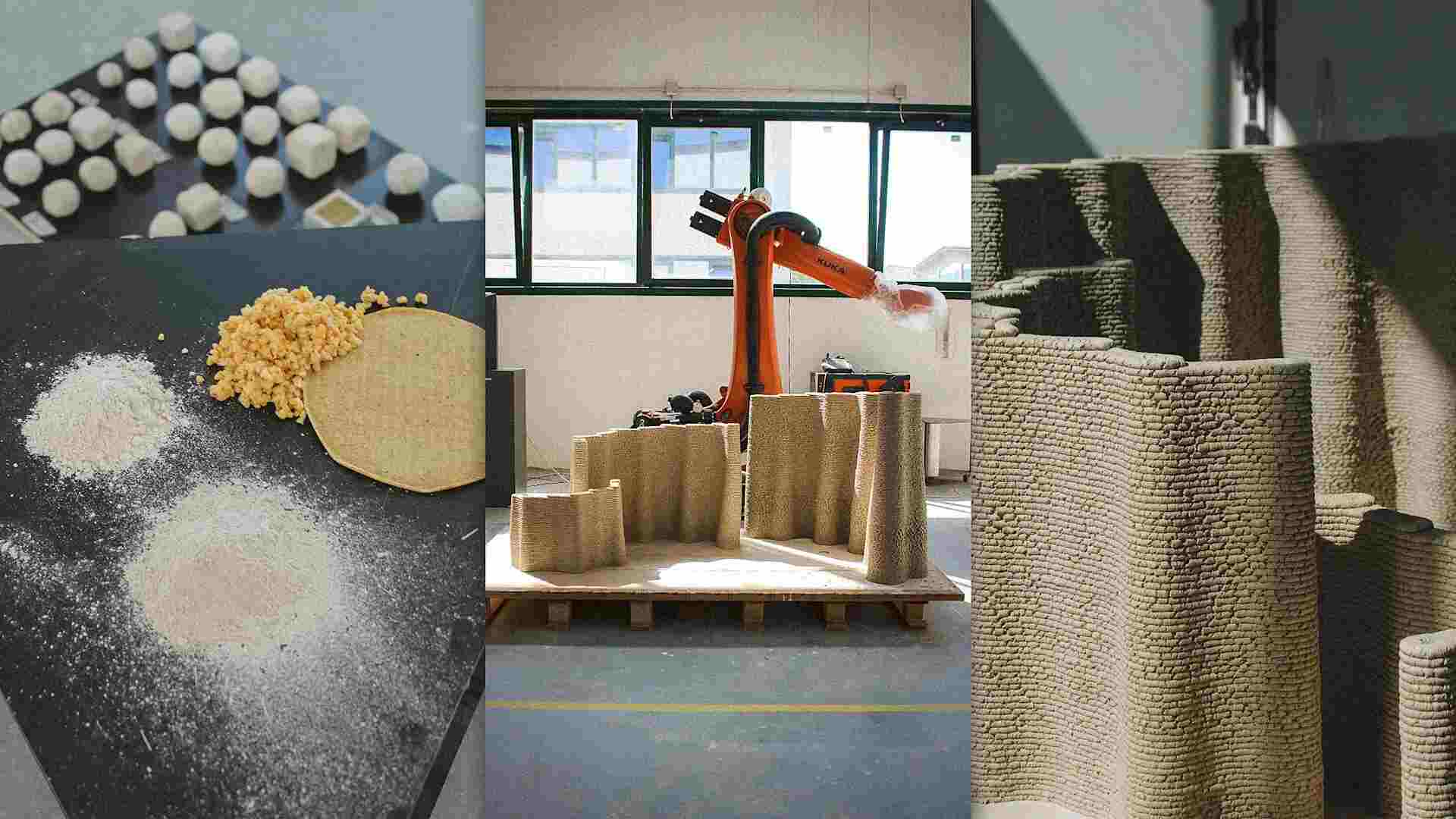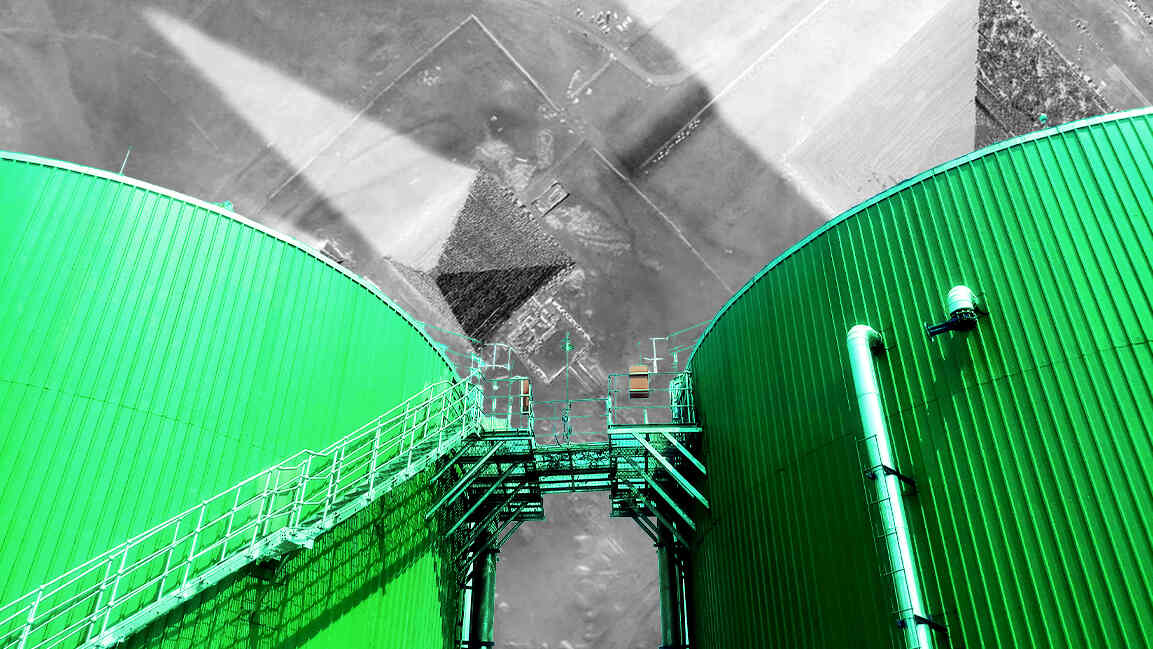- | 11:00 am
This revamped calculator will tell you the carbon emission of the hospitality sector in Dubai
Dubai's Department of Economic and Tourism has updated the tool to track real-time data for the sources of carbon emissions.

Although the hospitality industry is making significant strides toward sustainability, it still has quite a way to go in mitigating its effects on climate change. According to a study, the hotel industry needs to cut carbon emissions by 66% per room by 2030 to counteract emissions corresponding to growth.
Therefore, to promote the UAE’s net zero by 2050 Plan and contribute to the overall clean energy targets in line with the 2030 Sustainable Development Goals (UNSDGs), Dubai’s Department of Economic and Tourism (DET) has relaunched the Carbon Calculator. This tool calculates the carbon footprint of the emirate’s hospitality sector.
The tool has been completely revamped to track real-time data for carbon emission sources, allowing hotels to manage their energy consumption levels effectively, the Dubai Media Office said.
“As DET continually strives to further enhance its services to stakeholders and partners, the revamped carbon calculator will provide hotels with a user-friendly experience and enable hotels to make informed decisions. By keeping track of their energy consumption, the data provides a baseline for DET to develop strategies for the sector so that hotels and resorts can effectively manage the impact, improve the efficiency of managing carbon resources and identify potential saving opportunities,” said Yousuf Lootah, Acting CEO of Corporate Strategy and Performance sector, Dubai’s Department of Economy and Tourism.
The Tourism Dirham Platform’s Carbon Calculator, a component of Dubai Sustainable Tourism, has been tracking hotels throughout Dubai since it launched in January 2017. Hotels report their usage of nine carbon emission sources monthly, including electricity, water, district cooling, liquefied petroleum gas, landfill waste, recycled waste, gasoline, diesel, and refrigerants.
This data is compiled and analyzed to offer insightful market information on the sector’s overall carbon footprint. Additionally, this data enables hotels to comprehend their energy, water, and garbage use and further uncover successful cost-saving potential by developing a baseline and regular tracking.
To create a baseline for all hotels in Dubai and harmonize their environmental policies, 19 sustainability requirements were implemented. The data provided allows hotels and resorts to undertake programs to manage their carbon footprint effectively.
The 19 sustainability requirements cover sustainable management techniques, performance metrics, energy, food, and water management plans, guest education, employee training programs, sustainability committees within hotel establishments, and corporate social responsibility initiatives for local communities.































